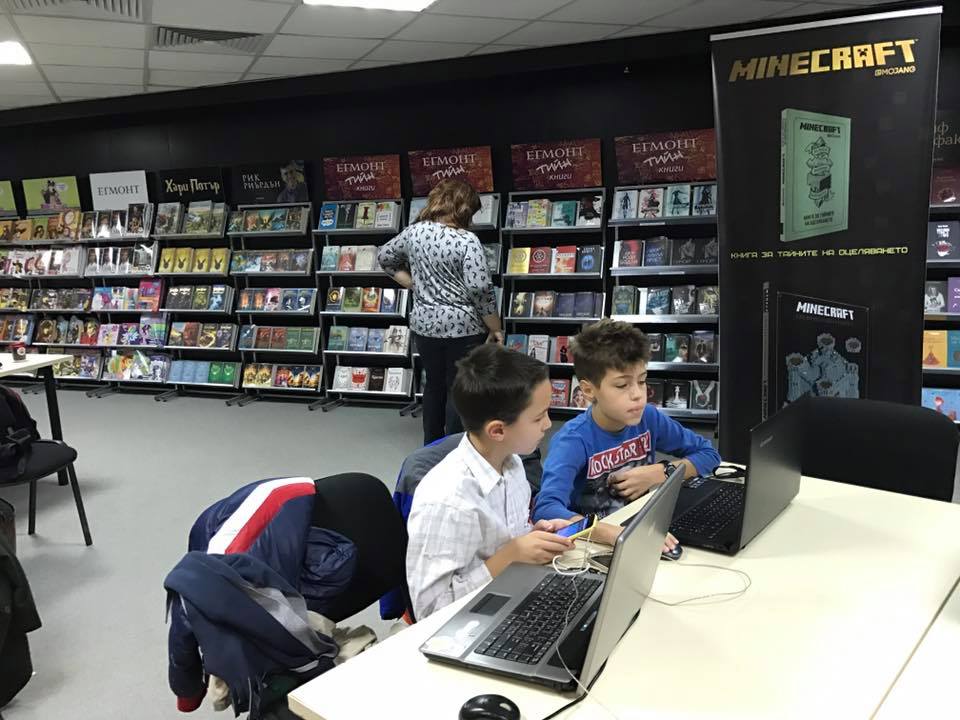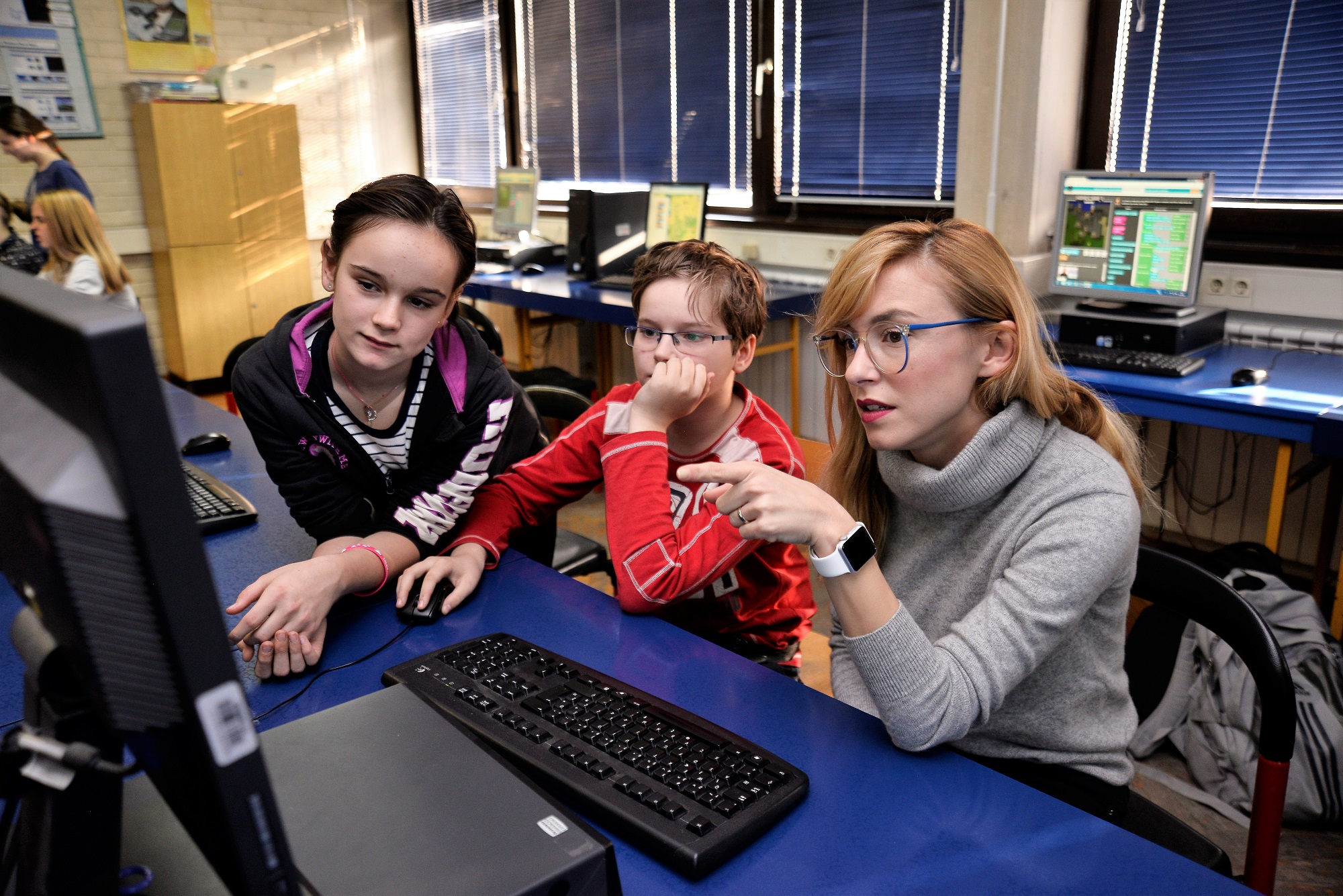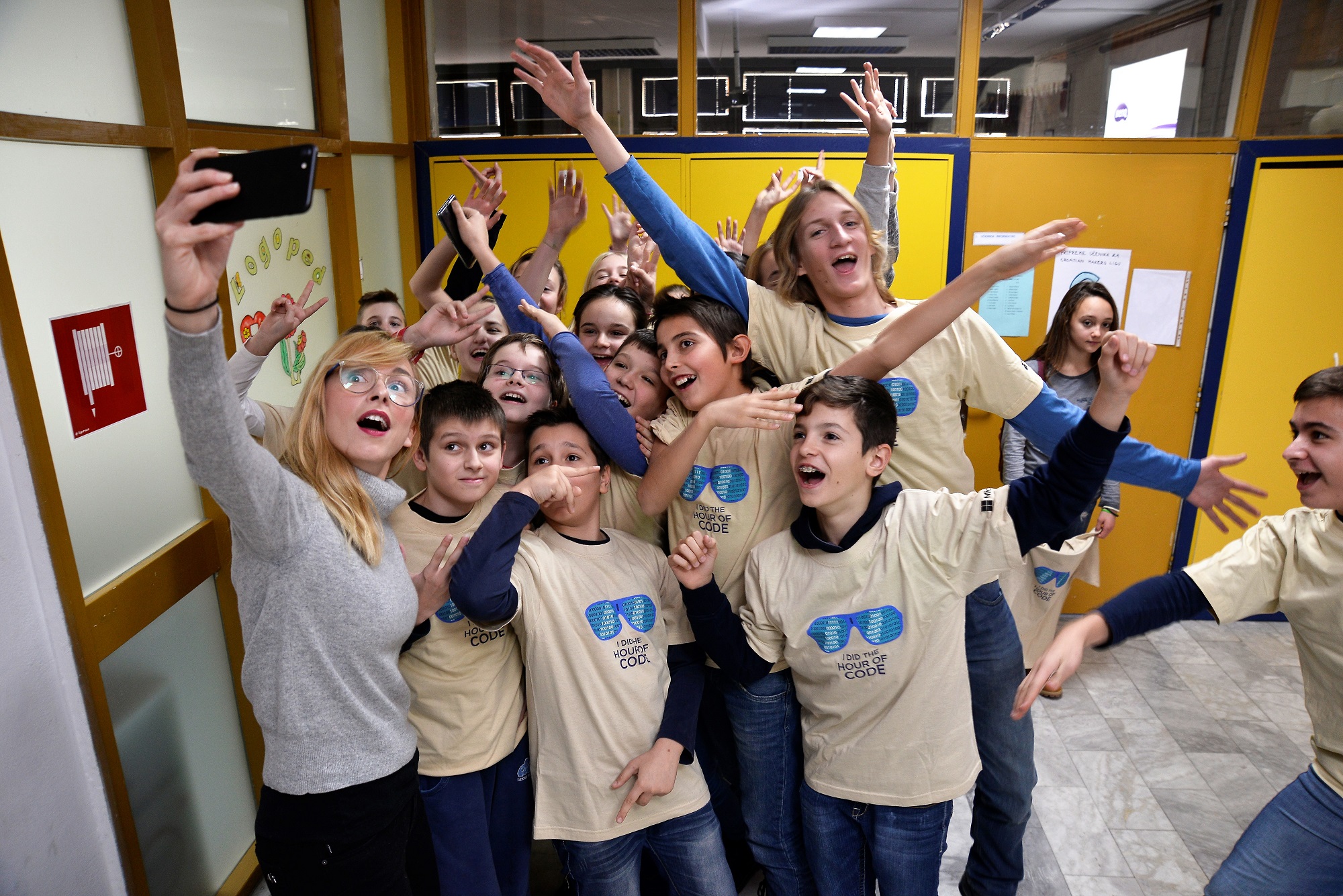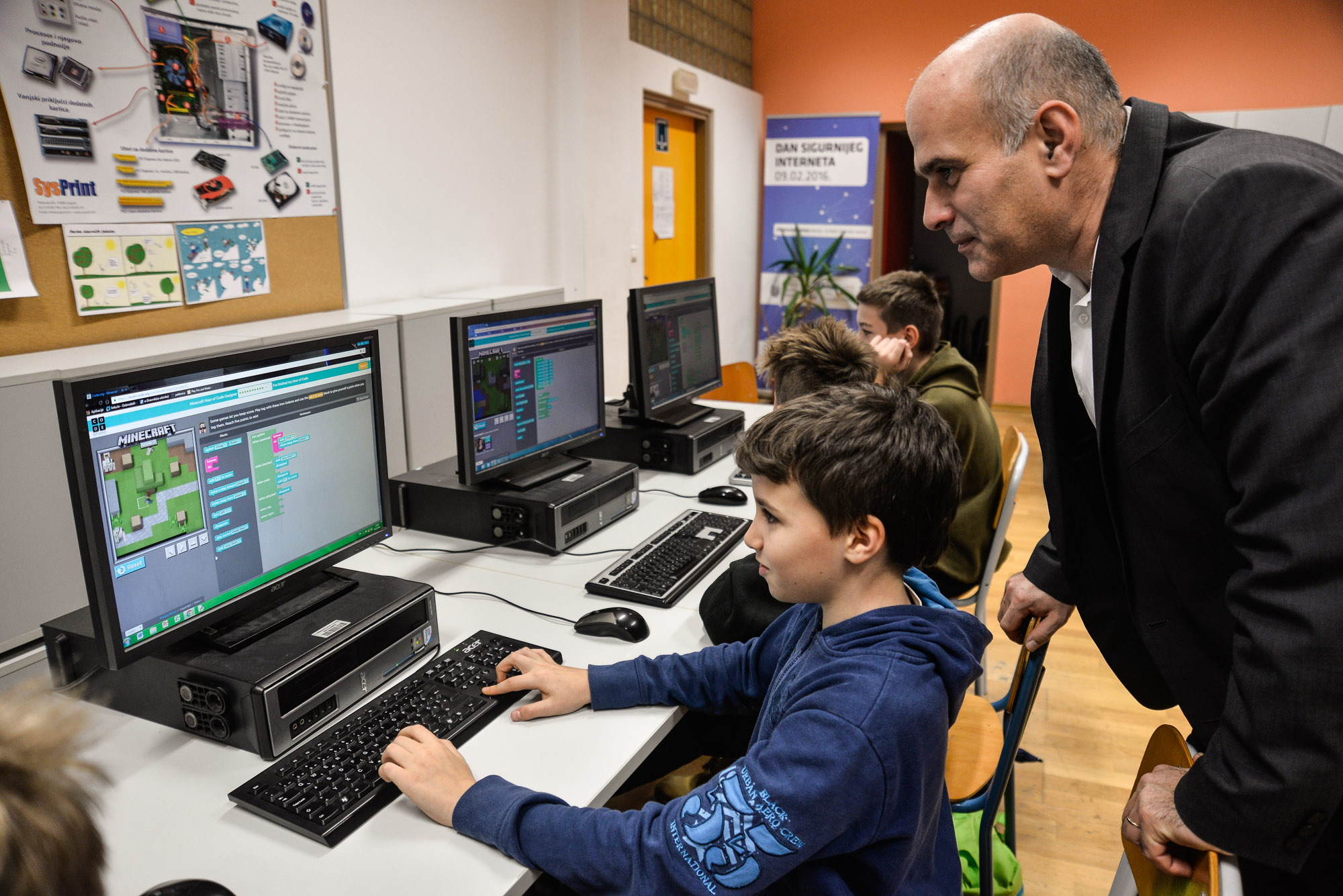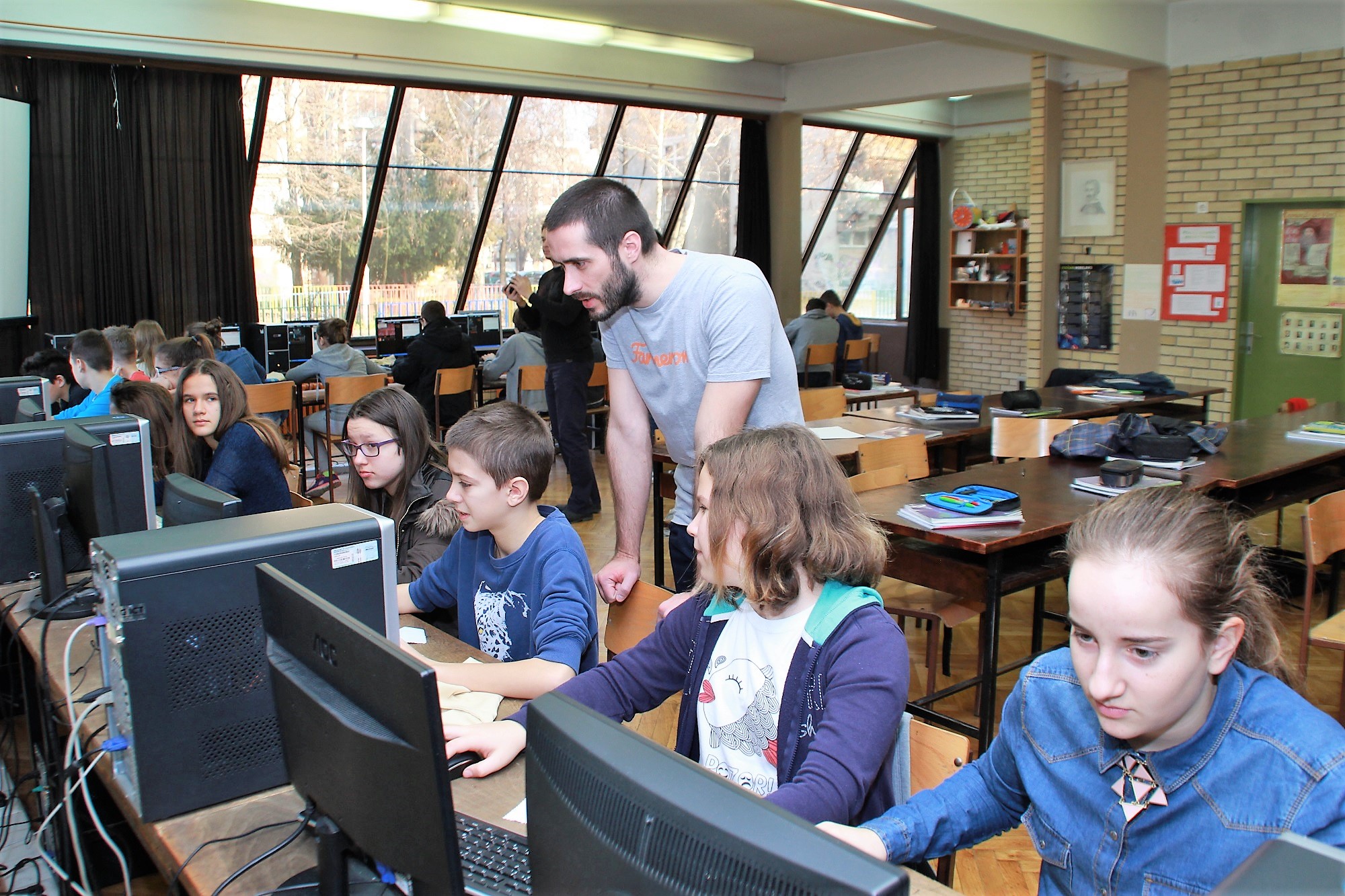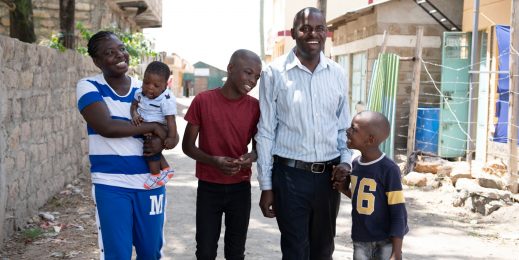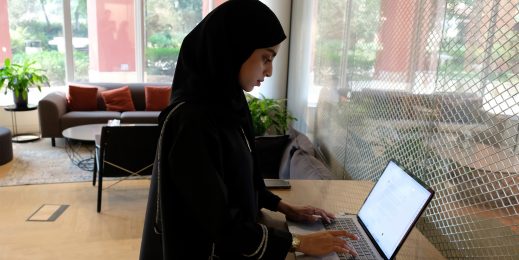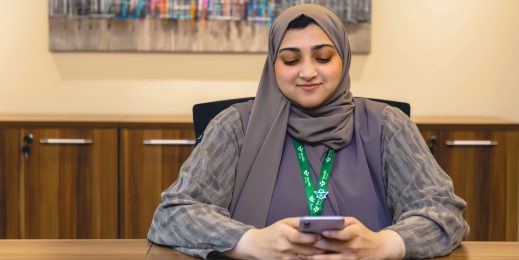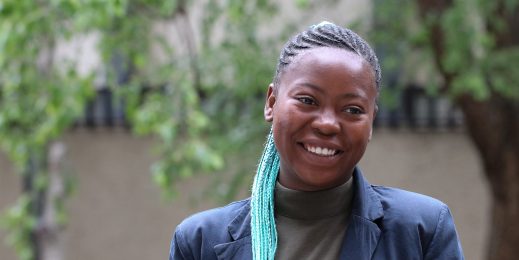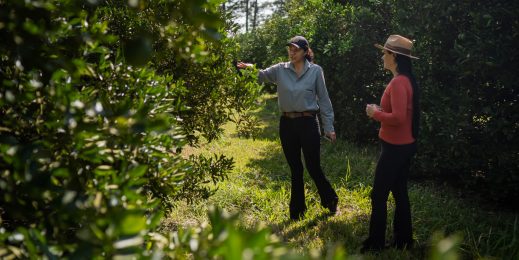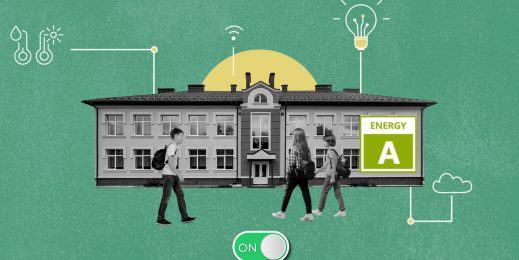
Educators unite for Europe’s Hour of Code
Digital literacy is a vital skill for Europe’s young people. As our businesses and industries develop in the new digital, cloud economy, they produce new roles that require new digital abilities. Yet around 45 per cent of European citizens have no more than basic digital skills (The European Commission). We urgently need to invest in skills around Europe – in the workplace, the community, and in the classroom.
It is very encouraging to see new European initiatives, like the Bratislava Declaration and the European Commission’s new Digital Skills and Jobs Coalition, which aims to develop an inclusive digital talent pool across the region. In October, more than 200 policy makers, business leaders, and experts gathered at the e-Skills for Jobs 2016 conference in Slovakia to announce the declaration, which is supported by organisations including the European Tech Alliance, ECDL, and Microsoft. Its key tenets include introducing more technology-driven curricula, as well as inspiring more girls to pursue studies and careers in computer science and technology. At Microsoft, we’ve been proud to partner with governments, businesses and educators in Europe to promote computer science and coding skills in and outside of the classroom. While we all have a responsibility to boost digital literacy, it is educators and teachers who are working hard to ensure our students today are equipped with the skills they’ll need to flourish tomorrow. They are the people putting theory into action, and helping Europe’s young people succeed.
Last week, Microsoft was happy to support teachers across Europe celebrating Hour of Code, a global movement by Code.org to encourage millions of young people to try coding for just one hour. From Kazakhstan to Spain, Greece to Berlin, Europe’s teachers went the extra mile to inspire and delight their students with coding classes and digital lessons. In total, 17 countries took part across the Central and Eastern Europe region.
In Ukraine, more than 40,000 students took part in this year’s Hour of Code activities. The sessions were supported by an impressive team of 300 volunteers, including Ukrainian pop stars Oleg Skrypka and Pavlo Tabakov, and the President of Ukraine, Petro Poroshenko, also expressed his support. Ukraine’s First Lady, Maryna Poroshenko, also attended an Hour of Code session organised by Microsoft Ukraine and education charity BrainBasket.
Not even an outbreak of influenza could stop Ukraine’s teachers – in the city of Kremenchuk, teacher Natalia Petrova was compelled to teach her Hour of Code session remotely as her school was closed. Thanks to Natalia’s dedication and passion, more than 350 schoolchildren still got to take part in the session and learn the basics of coding.
216 schools participated in Croatia this year, with more than 9,000 students involved. Volunteers from academic organisations and local businesses were essential to creating exciting local events. They included Zvonimir Stanić, the Principal of CARNet, Croatia Research Academic Network, who supported an Hour of Code workshop in Zagreb, and Matija Kopić, founder of successful Croatian startupment Farmeron, who held a workshop in Osijek.
In Ireland, more than 20 schools signed up to Hour of Code sessions delivered by Microsoft volunteers. St. Olaf’s National School, Sandyford, Dublin, held a cross-course in coding at Microsoft headquarters using the Minecraft Hour of Code tutorial, where they learned the basics of coding. The event was attended by Ireland’s Minister for Education, Richard Bruton, who expressed his support for the campaign.
In many cases, these Hour of Code sessions were organised and took place outside of normal school hours. We’re grateful for the dedication and support of Europe’s teachers, who have made this year’s Hour of Code such a great success.
Together with teachers who share our passion for equal opportunities, we are helping to prepare the next generation for the jobs of the future. Young people are at the heart of Europe’s digital transformation, relying heavily on their teachers to get there.
It is our mission at Microsoft, to contribute with the right technologies and initiatives in education, to help every student and teacher achieve more.






